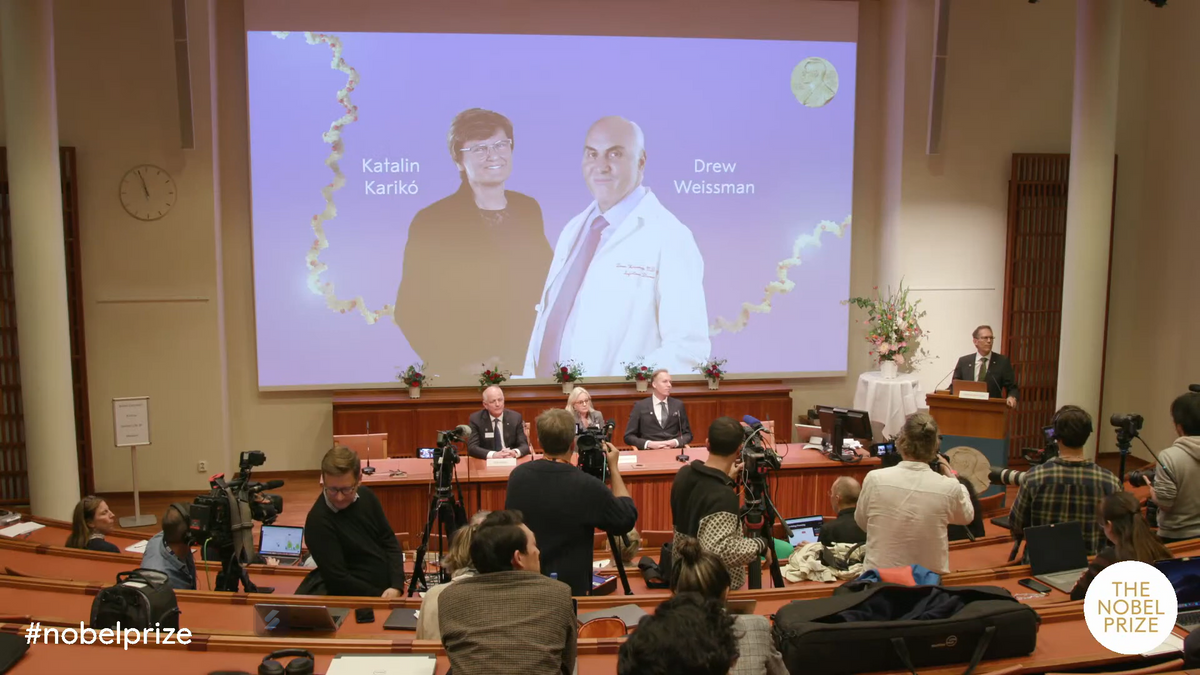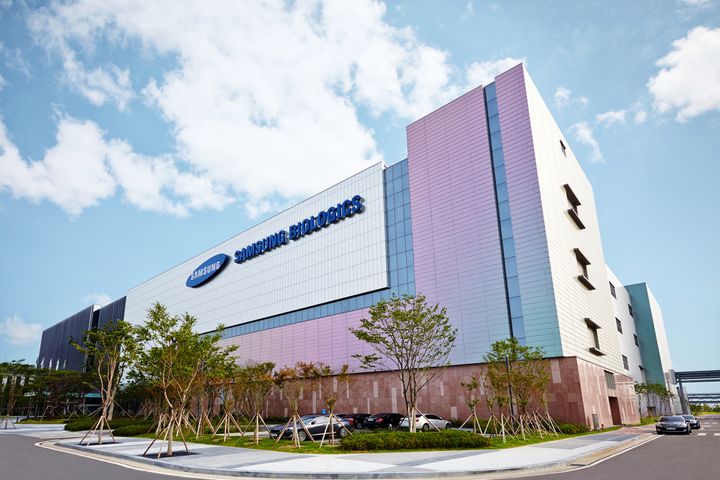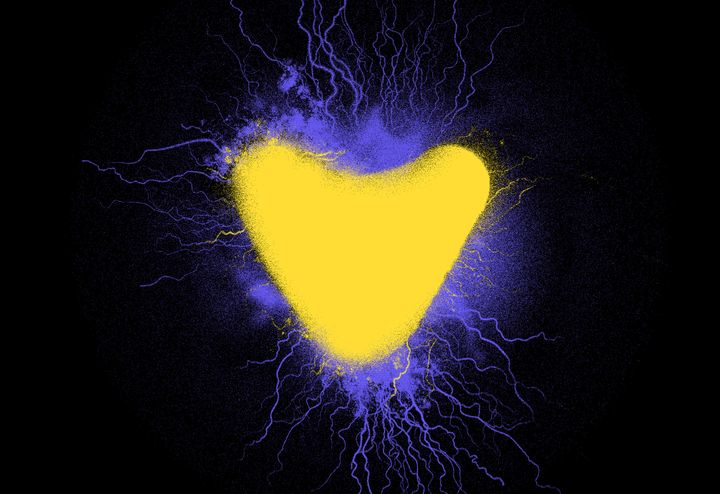2023 Nobel Prize in Physiology or Medicine Awarded to Dr. Karikó and Dr. Weissman for Contributions to mRNA-based COVID-19 Vaccines
The 2023 Nobel Prize in Physiology or Medicine has been awarded to Dr. Katalin Karikó and Dr. Drew Weissman for their groundbreaking work in the development of mRNA-based COVID-19 vaccines.

Stockholm, Sweden, October 2, 2023 – The Nobel Assembly at Karolinska Institutet announced today the recipients of the 2023 Nobel Prize in Physiology or Medicine: Dr. Katalin Karikó and Dr. Drew Weissman. These distinguished scientists have been honored for their groundbreaking contributions to the development of mRNA-based vaccines against COVID-19, a revolutionary breakthrough that has reshaped the landscape of vaccine development and brought hope to a world grappling with the pandemic.
The COVID-19 pandemic, which emerged in early 2020, posed an unprecedented global health crisis. Traditional vaccine development processes, reliant on large-scale cell culture, were slow and resource-intensive, limiting the rapid response to the virus. The pioneering work of Dr. Karikó and Dr. Weissman, however, has redefined our understanding of how mRNA interacts with the immune system, facilitating the swift development of mRNA vaccines during this critical period.
Conventional vaccines have historically been created using whole viruses, attenuated viruses, or specific viral components. However, these approaches were fraught with limitations when addressing emerging outbreaks and pandemics. The breakthrough came when Dr. Karikó and Dr. Weissman discovered that modifying the nucleoside bases in mRNA could eliminate inflammatory responses and enhance protein production, surmounting significant obstacles to the clinical application of mRNA.
Dr. Katalin Karikó, a Hungarian biochemist, and Dr. Drew Weissman, an immunologist, joined forces to explore how dendritic cells, pivotal in immune surveillance and vaccine-induced immune responses, interacted with various RNA types. Their research led to the revelation that base modifications in mRNA could dampen inflammatory reactions, rendering mRNA an ideal candidate for therapeutic applications.
The significance of their work became apparent when two base-modified mRNA vaccines targeting the SARS-CoV-2 virus were developed at an unprecedented pace during the COVID-19 pandemic. These vaccines exhibited remarkable protective efficacy, with regulatory approval as early as December 2020. The adaptability and speed of mRNA vaccine development have unveiled new possibilities for combatting infectious diseases and treating specific cancer types with therapeutic proteins.
The Nobel Prize acknowledges the profound impact of Dr. Karikó and Dr. Weissman's contributions to science and medicine, which have not only saved countless lives but also prevented severe disease and paved the way for societies to return to a semblance of normalcy during one of the most profound health crises in modern history.




 Industry Inscript is a subsidiary of Valiant and Company Ltd.
Industry Inscript is a subsidiary of Valiant and Company Ltd.
Comments ()